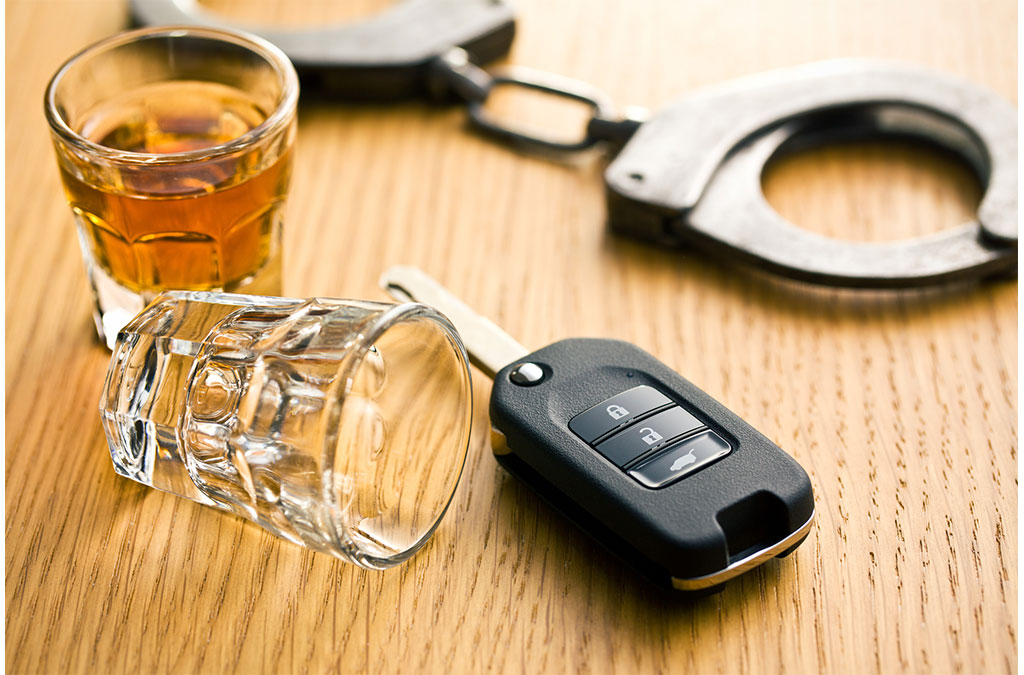DUI is a serious crime in California. Penalties increase with each conviction. This make it important to a fourth DUI offense in California can impact you and to drive responsibly.
Understanding DUI Offenses in California
- Definition of DUI Offenses
In California, if you’re driving a car with a BAC of 0.08% or higher and you’re 21+, it’s considered a DUI. For commercial drivers, it’s 0.04%, and for drivers under 21, it’s 0.01%. Driving under the influence of any drug, whether legal or illegal, is also included.
- California’s DUI Laws and Regulations
California has rigorous DUI laws that follow the California Vehicle Code. Sections 23152 and 23153 govern these laws. Laws set limits for BAC, and they detail the punishments for DUIs. They explain how police can charge and convict DUI offenders according to legal procedures.
- How a DUI Offense is Charged
A DUI offense in California can be charged as a misdemeanor or a felony, depending on the circumstances of the case, the driver’s prior DUI convictions, and the presence of aggravating factors, such as causing injury or death.
Penalties for First, Second, and Third DUI Offenses in California
The penalties for DUI offenses in California increase with each subsequent conviction. First-time offenders face fines, probation, license suspension, and mandatory alcohol education programs. Second and third offenses have more severe consequences. You may face higher fines, longer license suspensions, and even jail time.
- Fines and Fees: Getting caught for a fourth DUI in California can lead to paying a fine from $390 to $1000. You may also face extra assessments that can drive up the total cost of the fine to thousands of dollars.
- Jail Time and Probation: If someone gets a fourth DUI in California within ten years, it’s a felony. They might have to go to state prison for 180 days up to three years. Probation may also be imposed, typically lasting three to five years.
- License Suspension and Revocation: Getting caught for a fourth DUI can lead to losing your license for four years. After that, your license can be taken away permanently. The person who broke the law can ask for a special driving permission after one year of not driving. But the person has to do certain things, like using a special device in their car.
- Ignition Interlock Device Requirement: An IID is a breathalyzer in the offender’s car that stops it from starting if alcohol is found on their breath. A fourth DUI offender must install an IID for two to three years after their license is reinstated.
- Mandatory Alcohol Treatment Programs: If someone gets a fourth DUI, they need to do a 30-month program to treat alcohol problems. This includes learning, talking in groups, and one-to-one interviews.
Defenses and Legal Options for Fourth DUI Offenses
If you’re facing a fourth DUI charge, you can try different defenses. For example, you can challenge the legality of the traffic stop or dispute the accuracy of the breathalyzer or blood test results. Hiring an experienced DUI defense attorney is important. They can represent you in court and explore legal options. Sometimes, a good lawyer can make a deal to lower the charges for a DUI. They may even lessen the severity to something like wet reckless or exhibition of speed.
Potential Outcomes of a DUI Case
A DUI case’s outcome relies on the situation, proof’s power, and how well the defense is executed. There are different possible results, such as dropping charges, reducing charges, or finding someone guilty with punishments given.


Recent Comments